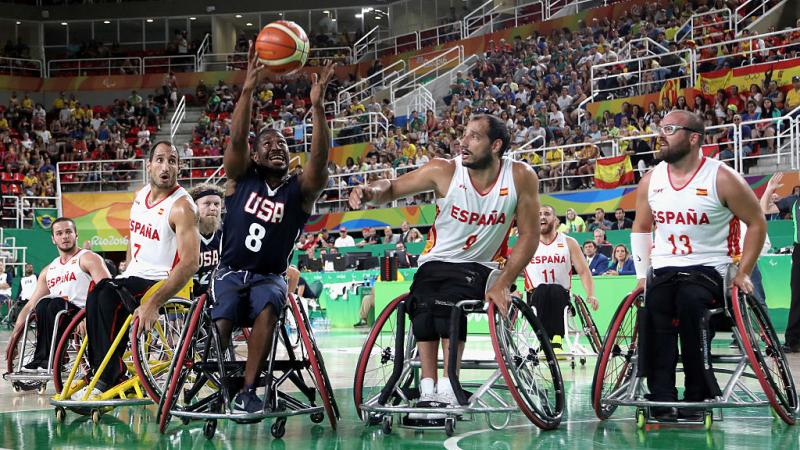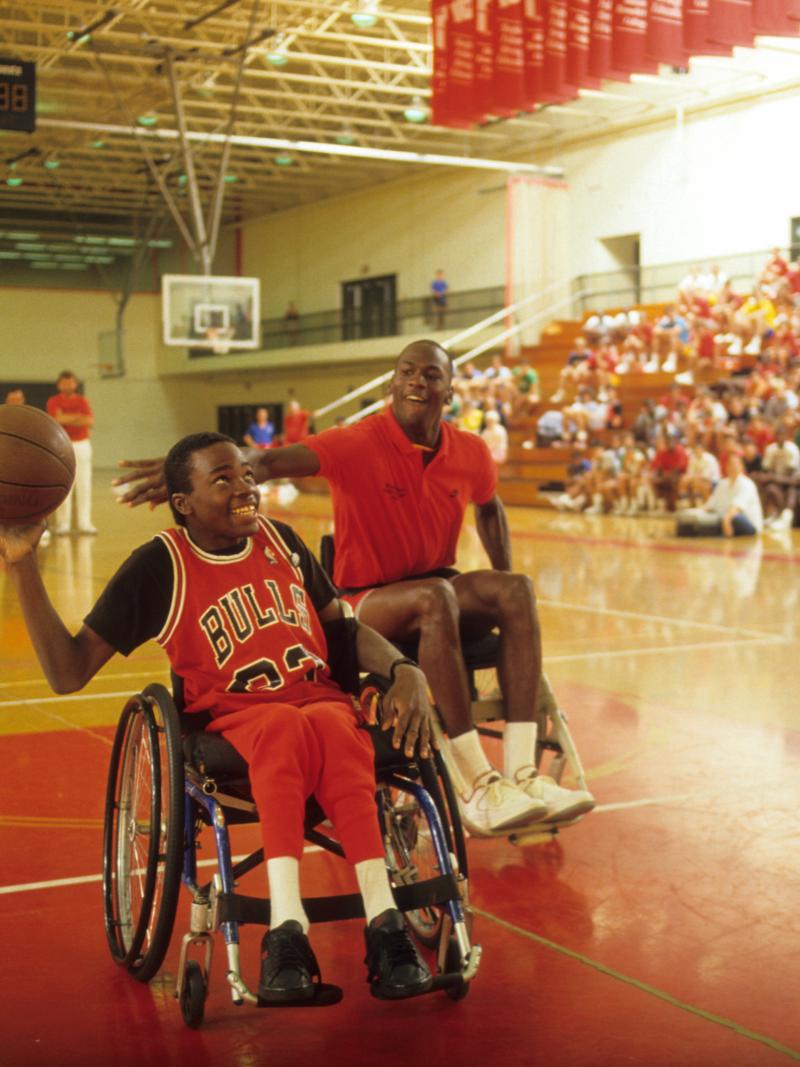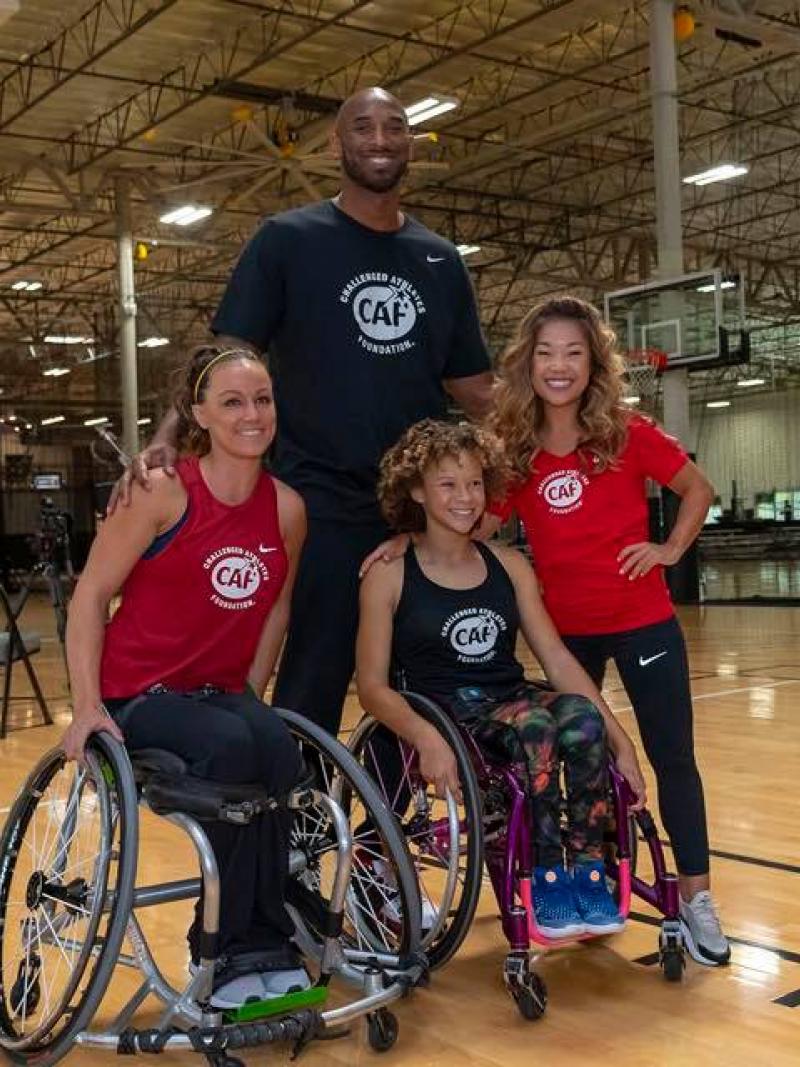Hear my voice: Brian Bell talks being a Black man with a disability
Brian Bell – a wheelchair basketball Paralympic champion – opens up about his experience and what can be done to tackle racism 23 Jun 2020
Dear Paralympic community:
My name is Brian Bell and I am a Paralympic gold medallist in wheelchair basketball with Team USA from Rio 2016. I am a husband, father of four and current graduate school student. I am a below the knee right leg amputee. However, the identity that everybody can see without explanation is that I am a Black male.
I have been Black my whole life, but not disabled. So when I was injured, another portion of the world opened up to me. Wheelchair basketball took me out of my poor Black community and gave me opportunities I would never have had otherwise. I believe that if I had not gotten injured, I would not be the person that I am today. While I would say that being disabled has given me opportunities, it also has felt like double jeopardy in the United States.
I am treated differently as a disabled Black man in America when I am wearing shorts or pushing in my chair without my prosthetic leg on. I am thanked for my military service, asked which branch I served in and am told military stories.
However, I am not a member of the military.
Yet somehow in the USA, being Black and an amputee has given me more value and respect by individuals who would not approach me otherwise when they think I served our country.
Right now, the world is coming together in support of Black Lives, and I am thankful for that.
But will it last?
We have been here before.
As a father of four biracial children, I am hoping that this time, we can see good and lasting change that will make the world a safer place for Black children in my life time.
My own children have had the privilege of growing up around wheelchair basketball and getting to know athletes from around the world. Unlike many, or even most people, they see disabilities as differences, not as something to fear or pity.
But growing up Black in the USA presents a different challenge.
Growing up Black is something that my wife and I need to educate them on every day. We talk with them about what to do if they interact with the police, to know their rights and ways to keep them safe. We have taught our children that their hair and skin is not something for other people to touch. They can speak up — loudly — when people make them uncomfortable with their lack of respect for boundaries.
We want to raise children who treat all people with kindness, while celebrating and acknowledging that our differences are beautiful. We are raising the next generation, and what we say to them and do now in these times matters.
I am an elite athlete and a Black man. I am valued for my athletic ability and skills on the court.
But off the court, I am treated completely differently. The disability community is not immune to racism and everyday discrimination, and it is important that we as athletes take the time to acknowledge that and examine how our individual sports can change that, and how we can change as well.
So how can the Paralympic community support Black Lives?
How can individual sports make changes to end racism and support athletes struggling with systems of injustice and inequality?
We need to work together to end the cycle of racism.
Let’s teach the next generation the meaning of kindness and treating others with respect.
Let’s commit to read and learn each other’s stories.
Let’s work for reform in society and in our own community.
And let’s work to place appropriate people in power, those who are open-minded and not racist.
Black Lives Matter.
Black Disabled Lives Matter.
We have to make a better future.








